News last week that the FBI used an informant to probe what two Trump staffers, George Papadopoulis and Carter Page, were up to in contacts with Russians prompted President Trump to protest that the FBI embedded a spy in his campaign “for political purposes.” Mr. Trump has demanded that the Department of Justice investigate the FBI’s actions and Deputy Attorney General Rod Rosenstein has agreed to the President’s request, announcing that the scope of Inspector General Michael Horowitz’s investigation into the FBI’s handling of the Clinton email probe and FISA warrant against Carter Page will be expanded to include the propriety of the use of an informant.
From what we know so far, there is no evidence that the FBI embedded anyone in the Trump campaign nor that an informant was used for political purposes. But, as Mr. Rosenstein said in a statement, “If anyone did infiltrate or surveil participants in a presidential campaign for inappropriate purposes, we need to know about it and take appropriate action.”
Rosenstein’s action was appropriate given the circumstances. It is hard to think of a precedent for a President ordering the Justice Department to take such direct action. But, by referring the matter to the Department’s inspector general, Michael Horowitz, who has a reputation for non-partisan fair-mindedness and is insulated from political interference, Mr. Rosenstein has avoided the hijacking of the Department of Justice’s investigative process to provided political fodder for Trump’s claim that he is the victim of an FBI run amuck. It is unlikely, based on the facts known to date, that Mr. Horowitz will find that the FBI acted inappropriately or for “political purposes.”
Political Purposes?
The FBI was scrupulous in keeping it’s investigation, code named “Crossfire Hurricane” into potential coordination between the Trump campaign and Russia out of the political spotlight prior to the 2016 election. The FBI went to unusual lengths to limit access to information about the investigation, deliberately keeping some Obama Justice Department political appointees in the dark. According to a text by FBI agent Peter Strzok, this was out of concern that the details might prove too “tasty” to resist leaking.
When the New York Times learned of the existence of the FBI’s investigation in late October of 2016, the FBI went to lengths to downplay the significance of the probe, telling the Times that it had seen no evidence of coordination between Trump or his campaign aides and Russia.
One reason an informant, rather than FBI agents, was employed to probe Trump campaign aides was the FBI’s fear that direct questioning by FBI agents might leak into the news and negatively impact Trump’s election chances. Another is that it might tip off Russia to what the FBI knew, compromising their ongoing counterintelligence investigation into Russian election meddling.
“Ironically, the FBI’s apparent attempt to protect the campaign by investigating Russia’s efforts quietly is now being weaponized against it,” former FBI agent Asha Rangappa wrote in the Washington Post. “Accusations that the FBI was “spying” on the Trump campaign — rather than spying on foreign spies, which is its job — erase the important distinctions between counterintelligence and criminal investigations.”
Papadopoulis and Page
The FBI investigation was first initiated after Australia’s intelligence services informed their American counterparts that at least one Trump campaign advisor, George Papadopoulis, seemed to have advance knowledge of Russia’s hacking of Democrat emails. Over drinks in London in May of 2016, Mr. Papadopoulis had told Australia’s ambassador to the United Kingdom that Russia was in possession of emails hacked from Democrats that would be damaging to Hillary Clinton. When those emails began leaking out in mid-June of 2016, it raised the alarming possibility that Russia’s election interference campaign was being coordinated with the Trump campaign.
A July trip to Russia by another Trump advisor, Carter Page, in which he gave a decidedly pro-Russian speech had also caused reason for worry. Page had previously come to the FBI’s attention as part of a 2013 investigation into a Russian spy ring in New York in which Page had been the target of an apparently unsuccessful effort by Russian intelligence officers to recruit him as an agent. Page was a cooperating witness in the case.
According to reporting by former MI-6 intelligence officer Christopher Steel, who compiled the now famous “dossier” about connections between team Trump and Russia paid for by Clinton’s campaign and the DNC, during the trip Page had met with Russian officials while in Moscow to coordinate Kremlin efforts to swing the election towards Trump.
To figure out what was going on, the FBI turned to an American academic based in Britain who had long been a source for U.S. intelligence agencies. Several news outlets have identified the source as Cambridge University Professor Stephen Halper.
The informant queried Mr. Papadopoulis about what he knew about Russia’s election interference operation over dinner in London. Mr. Papadopoulis’ answer was not much. The informant also had several several similar conversations with Trump advisor Carter Page. Mr. Page, whom Mr. Halper had met at a conference in July, described those conversations as innocuous. “I never felt groomed. If he’s good at doing that, then perhaps that’s part of the game,” Page said during an interview on Fox News.
There is little reason to believe that the FBI’s use of an informant yielded much that confirmed allegations of coordination between Trump and Russia or that the FBI used the information to hurt Mr. Trump politically. Rather, it appeared that the FBI chose to use an informant to quietly evaluate the allegations that Mr. Papadopoulis and Mr. Page coordinated with Moscow in Russia’s efforts to influence the election.
The FBI later sought a warrant from the Foreign Intelligence Surveillance Court to monitor Mr. Page’s communications after he was no longer associated with the Trump campaign. That warrant, has become the focus of accusations by Mr. Trump and his allies that he is the victim of a politically motivated “witch hunt” that employed the pretense of an investigation to undermine Mr. Trump. Yet, the lengths the FBI went to in order to avoid exactly that argues against this interpretation.
A Difficult Position
In the lead-up to the 2016 election, the FBI found itself in a difficult position. It had a responsibility to unravel Moscow’s ongoing efforts to influence the election and disturbing reports that indicated the Trump campaign might be in on it without unfairly tarnishing Mr. Trump with unfounded accusations. Yet, how it went about doing so has now exposed the agency to a great deal of scrutiny, placing it in the middle of the very political fray it hoped to avoid.
An agreement struck in a meeting with Deputy Attorney General Rod Rosenstein and FBI Director Christopher Wray at the White House Monday to grant Congressional investigators access to confidential documents related to the investigation long sought by Republicans diffuses a standoff with Congress but it also raises the possibility of selective leaks that will further confuse the issue.
There remains little evidence that Mr. Trump personally was complicit in Russia’s election meddling even as evidence mounts that many of in his orbit were at least uncomfortably close to Moscow during the campaign. Getting to the bottom of whether this was out of coincidence or criminal malice remains an important reason that Special Counsel Robert Mueller’s investigation be allowed to reach its conclusion.
While there is certainly reason to believe that at least some FBI investigators involved in examining Trump-Russia connections prior to the election were not Mr. Trump’s fans, that does not mean that they acted improperly. Although there is little evidence to suggest that FBI agents took any actions that were politically motivated, they are not above scrutiny.
Mr. Rosenstein’s decision to refer Mr. Trump’s accusations to the Department’s inspector general will provide a mechanism for definitively resolving the matter. Still, until the inspector general reports back, it’s likely that the conspiratorial accusations will continue to fly. In the meantime, it would be wise to resist jumping to conclusions.

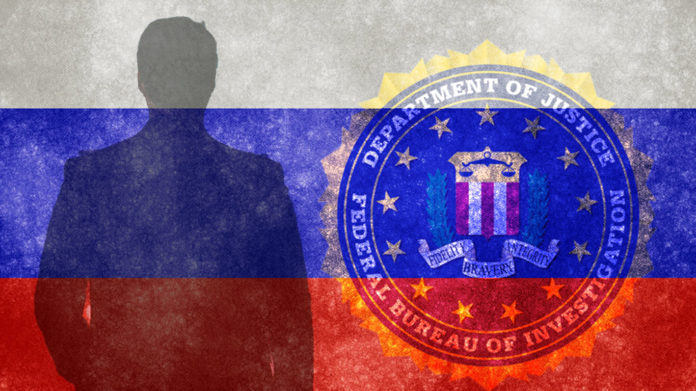
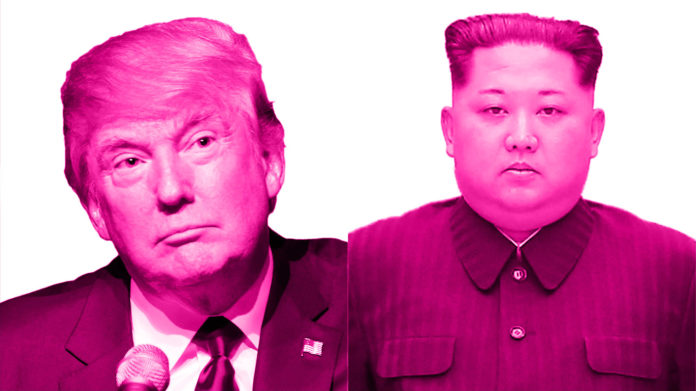

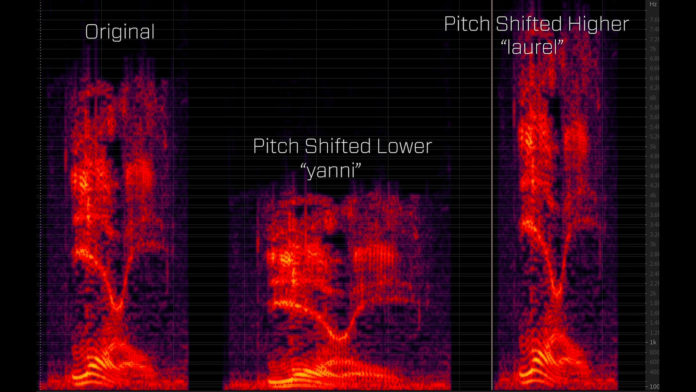
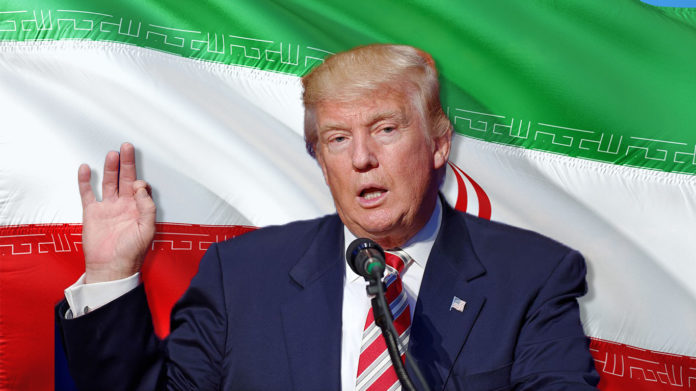
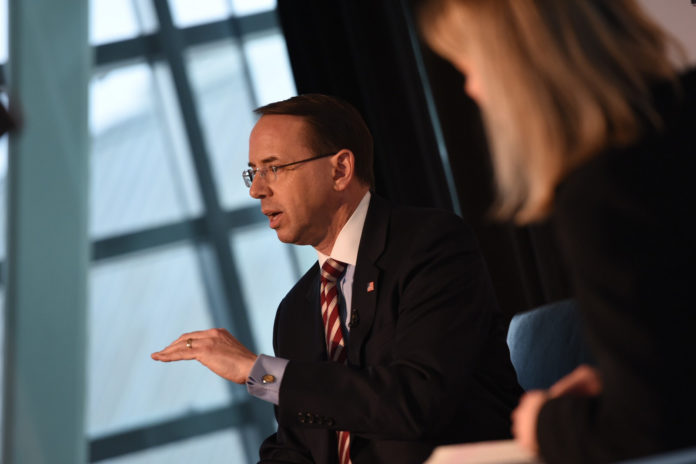
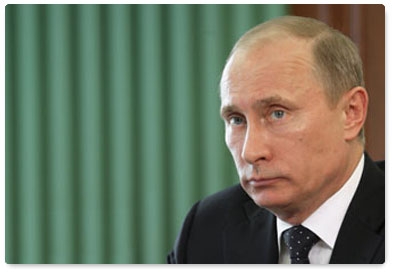




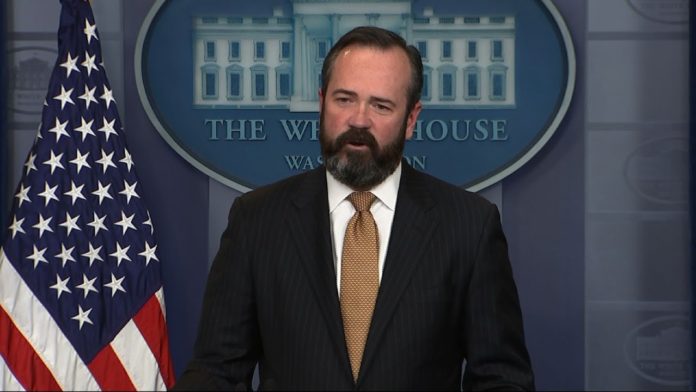


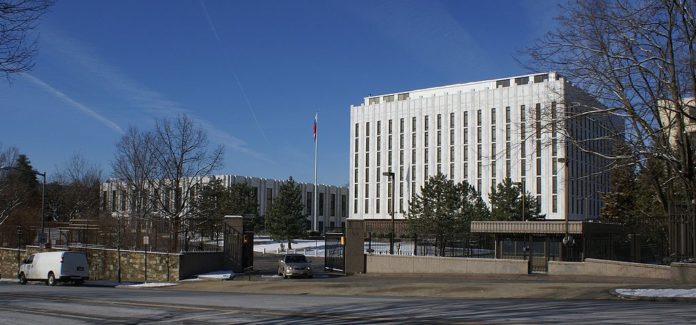
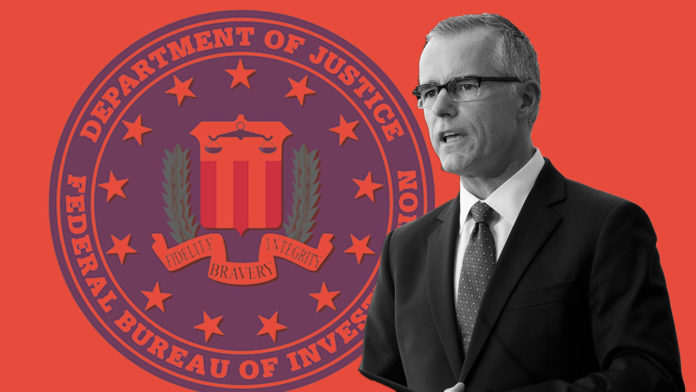
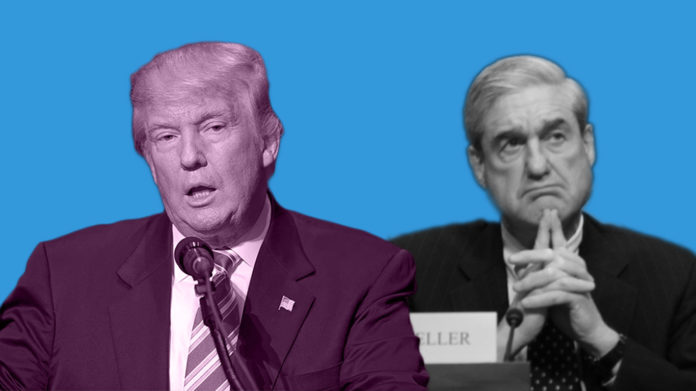
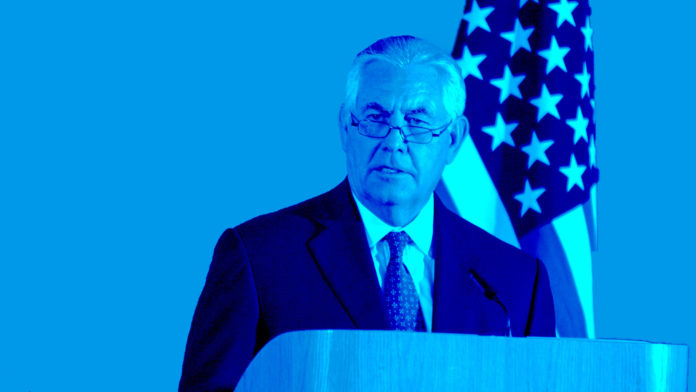

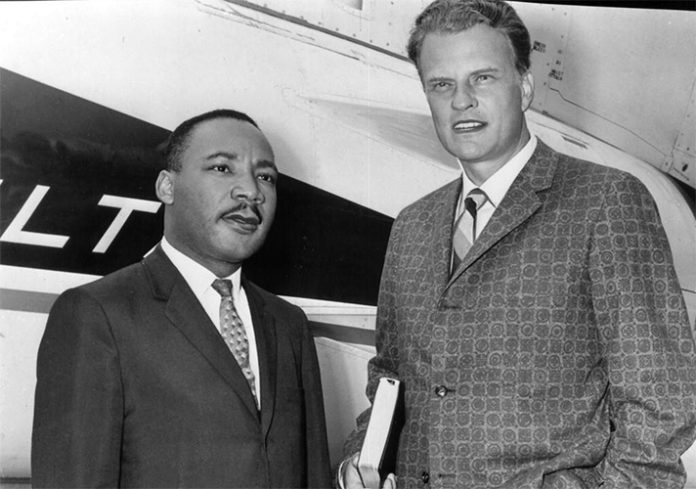
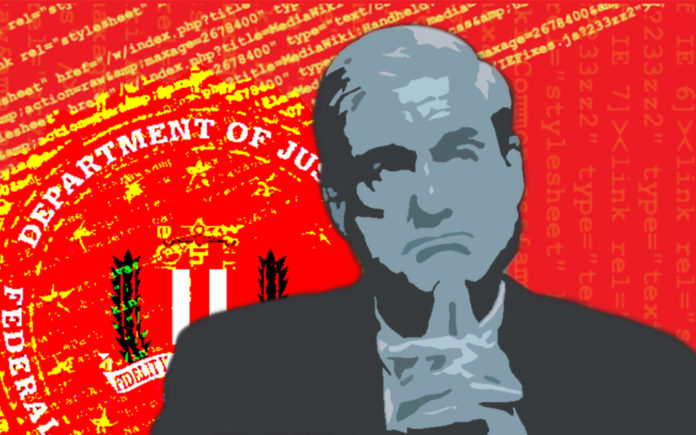
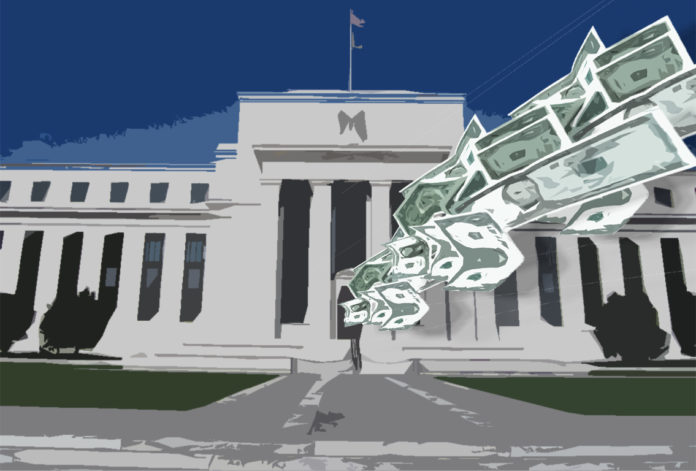
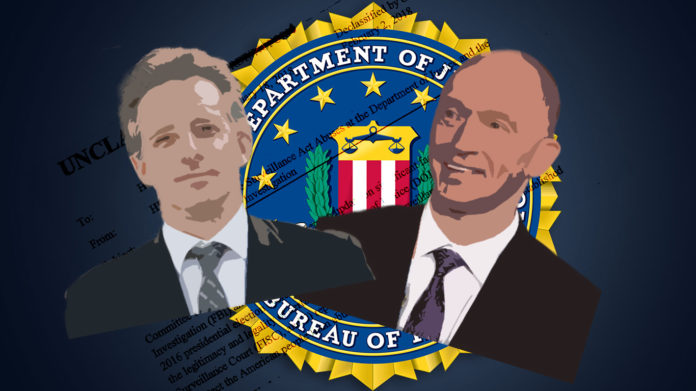

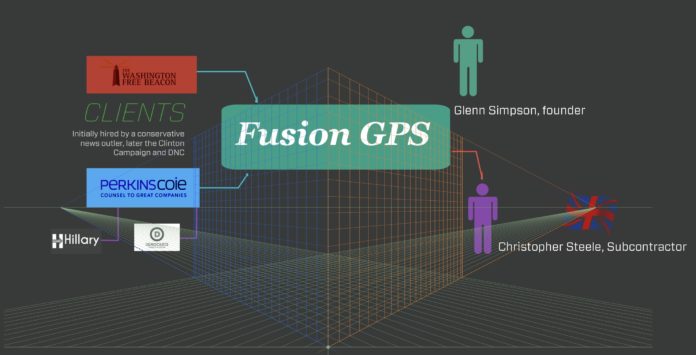


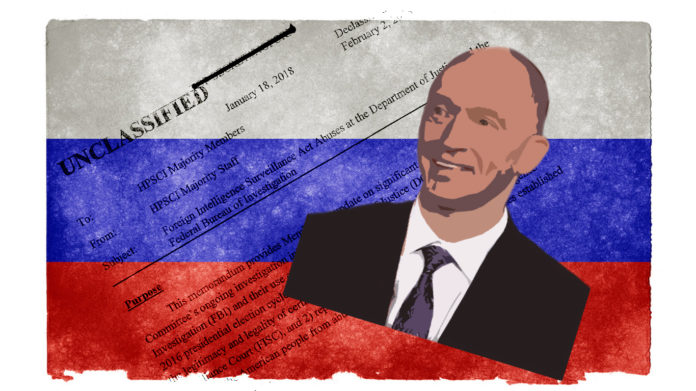
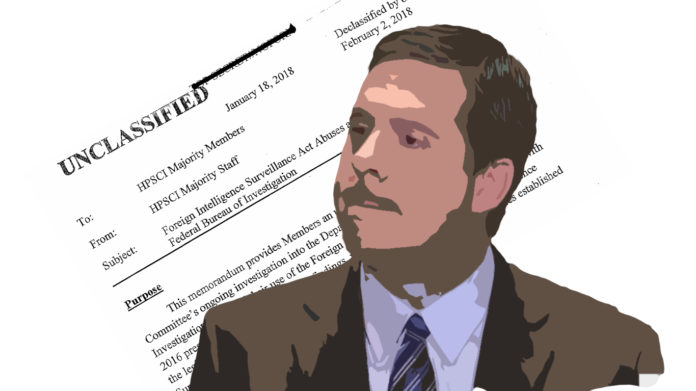






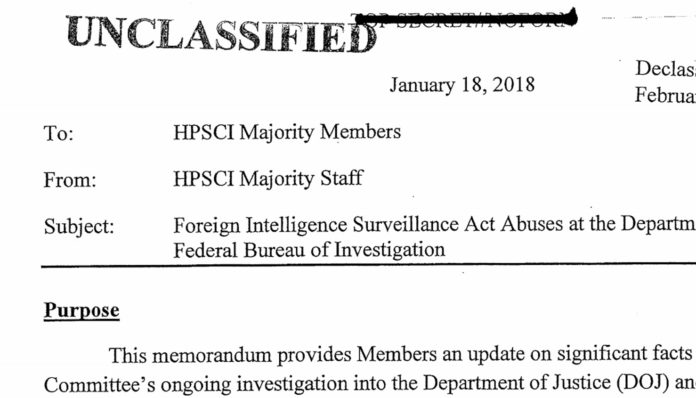

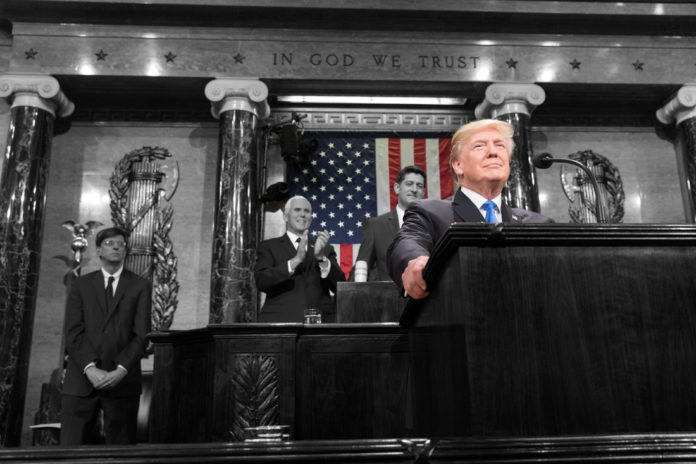
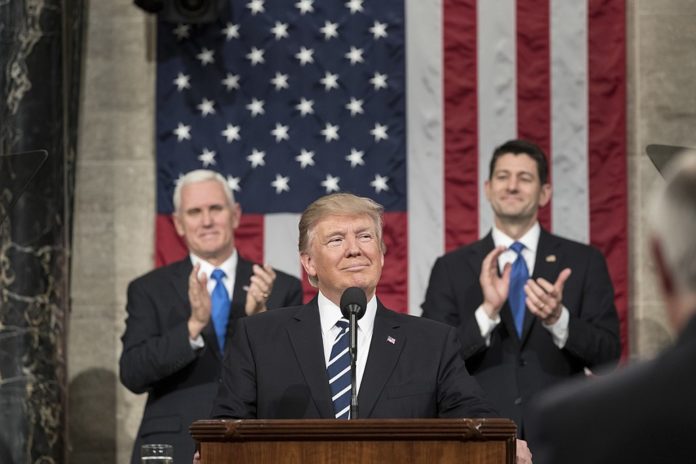
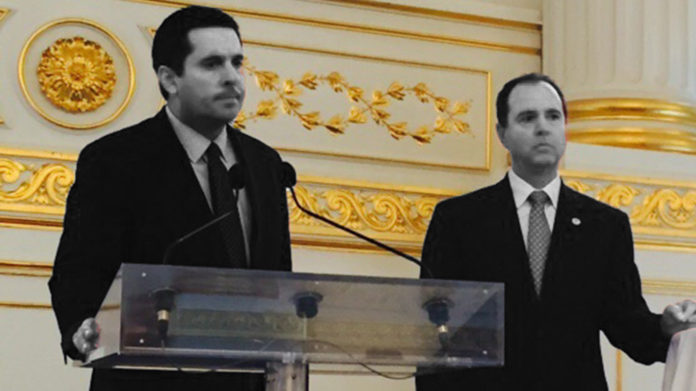
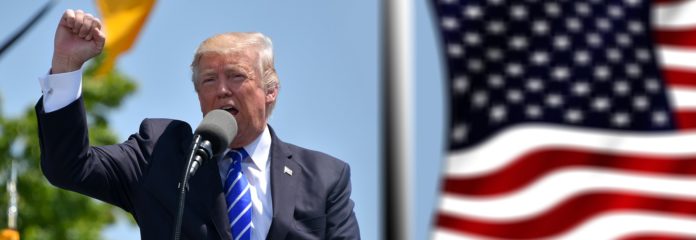
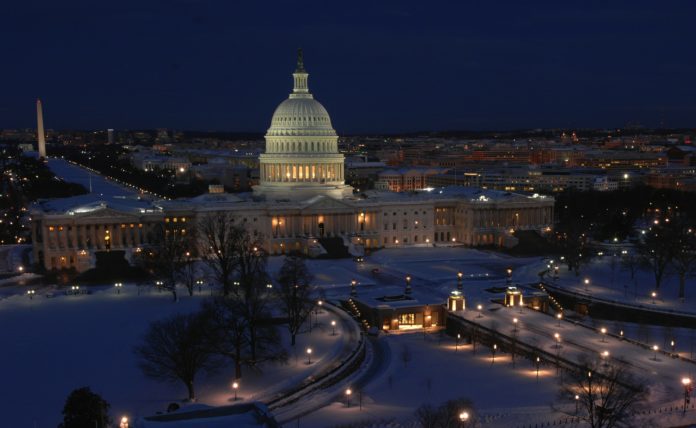


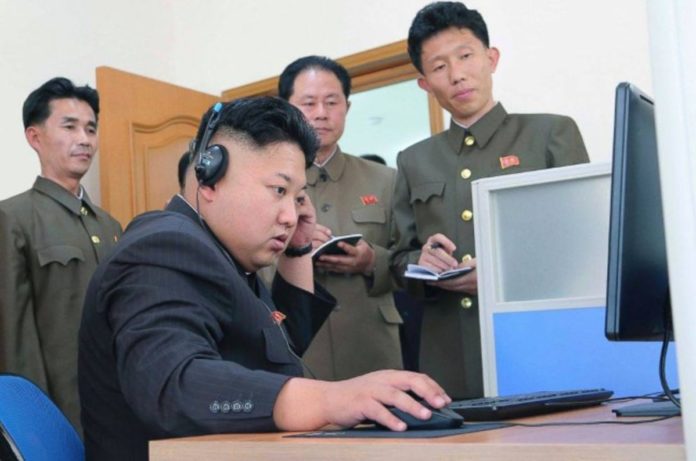
What Would Christopher Hitchens Have Made of the Trump Presidency?
Upon encountering this question on Quora, my instinct was that the late Christopher Hitchens would have been mortified by the idea of Donald Trump leading the country that he made his home, and came to love with that special kind of fervor of those who enrolled in the great American experiment by choice. Assuring myself of the accuracy of this assessment afforded me the sheer joy of reading loads of old Hitchens essays. For that, I am grateful, even if with it comes a sense of renewed, profound sadness for the loss of his contribution to the national discourse.
Some will point out that Trump and Hitchens share some similar views. Hitchens was a dogged antagonist of the conventions of political correctness that so animate the modern left. He was also unapologetic in his criticism of radical Islam. But, to the extent Trump and Hitchens are similar in these respects, the resemblance is superficial. They should give us no more cause to assume Hitchens would applaud a Trump Presidency than a shared opposition to communism should make Nazi Germany and America allies. Hitchens’ views on these matters were forged in careful, deeply reasoned thought informed by the accumulated knowledge of an extraordinarily well-read man. Trump’s were cobbled together from a detritus of Fox News segments and an instinct for the kind of boorish nativist populism that Hitchens reviled.
On the occasions when Hitchens wrote about Donald Trump in a political sense, he never took Trump seriously enough to deliver an opinion on his politics, which have evolved considerably in the intervening years anyway. But, when he did write of Trump, he mostly found him ridiculous.
Of Trump’s 2000 run for President, Hitchens wrote this: “Donald Trump — a ludicrous figure, but at least he’s lived it up a bit in the real world and at least he’s worked out how to cover 90 percent of his skull with 30 percent of his hair.“
To approximate Hitchens’ view of the present day Trump, we can turn to his views on earlier analogs in populist nativism, men like Pat Buchanan, who was savagely and regularly thrashed by Hitchens’ pen. “The strenuously nativist and isolationist Pat Buchanan still strikes me, as he always did, as chronically un-American,” Hitchens wrote in a 2005 essay.
And of Sarah Palin’s habit of entertaining zany conspiracy theories and then distancing herself from them, he wrote: “What price the courageous frontier huntress now — an empty-headed echo chamber for rumor-mongers and freaks who shoots from ambush and then runs away?”
One can only imagine what Hitchens might think of Donald Trump, who embraces such nonsense remorselessly.
Hitchens held an intense disdain for conspiracy theories. And he was particularly animated about the Obama birther trope, on the back of which Trump rose to political stardom as its most visible proselytist. Hitchens would find Trump’s complaints of persecution at the hands of the “Deep State” and FBI witch hunts absurd, and more than a little unsettling.
Hitchens saw conspiratorial thinking as a malignancy. He wrote about conspiracist Glenn Beck’s rise to prominence within the tea party movement with considerable foreboding.
Above all, Hitchens despised authoritarianism. He would find Trump’s illiberal tendencies unforgivable. He would have recoiled at Trump’s attacks on the press, the courts, and the FBI. Trump’s consistent admiration for Russian President Vladimir Putin would have enraged Hitchens, who was raising the alarm about the threat presented by Russia under Putin long before it was cool.
While Hitchens may have looked on a Trump Presidency with horror, that does not mean he would have been enthusiastic for Hillary Clinton’s assuming the job either. Hitchens’ contempt for Hillary Clinton would not have been mitigated by Trump, it would have been deepened. Hitchens would have blamed Hillary and people like her in the elite political class for their contributions to creating the conditions that caused Trump’s rise. Still, while he would have hated her routine profligacy, he would have despised Trump’s.
During Christopher Hitchens’ life, the words President and Trump would never have been spoken in succession by serious people, or really anyone other than Trump himself. But even then, the underpinnings of Trump’s rise were becoming apparent, a development Hitchens met with considerable unease.
It’s safe to say Donald Trump was probably not what Hitch had in mind.